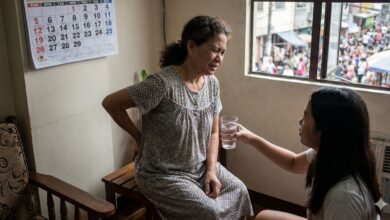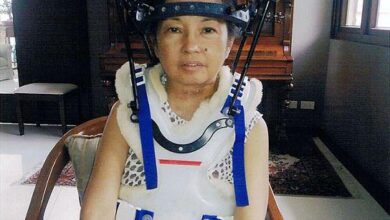
First 1000 Days of a Baby are Critical – Here’s Why
Raising a child in the Philippines today is a significant challenge for many mothers due to the economic climate. With high prices and stagnant wages, affording basic necessities like food, clothing, and education is difficult for many families. However, there’s hope in raising a healthier generation through crucial early-life interventions.
Why the First 1,000 Days Matter
The first 1000 days of a child’s life, from conception to their second birthday, are essential for lifelong health. During this period, the brain undergoes rapid development, requiring proper nutrition, healthcare, and nurturing to prevent stunted growth, cognitive delays, and chronic diseases. Neural connections form at an unparalleled rate, making this period critical for optimal physical, emotional, and cognitive development.
READ: Is Malunggay really healthy? What’s true and what’s not?
The Malnutrition Crisis in the Philippines
In the Philippines, malnutrition is a severe issue, and the statistics are alarming:
- 95 children die from malnutrition daily
- 27 out of 1,000 children do not reach their fifth birthday
- A third of Filipino children suffer from stunting
Stunting, which becomes irreversible after age two, is exacerbated by poor dietary practices, a prevalence of unhealthy processed foods, and limited access to nutritious food. Economic hardships, climate change, and rising food prices further hinder families’ ability to provide adequate nutrition for their children.
So what has the Philippine government done, or what is it doing to combat this? Policy-wise, there are several measures that have been brought forward to aid in the first 1000 days of Filipino babies. More efforts are also in the works to ensure the delivery of newborns are safe, for both babies and their mothers.
Legislative Action for Maternal and Child Health
To combat the issues surrounding the first 1000 days, the Duterte administration passed the landmark Kalusugan at Nutrisyon ng Mag-Nanay Act of 2018 (RA. No. 11148), the most significant legislative action on the matter. In the House, HB No. 5684 by House Deputy Speaker and Las Piñas City Rep. Camille Villar is being consolidated along with other health-related bills.
- Republic Act No. 11148: Enacted by former President Rodrigo Duterte, this law ensures better healthcare services for mothers and children, focusing on nutrition, breastfeeding, disease prevention, and care for malnourished children. It mandates vaccinations, regular check-ups, breastfeeding stations, and human milk banks.
- House Bill No. 5684: “An Act Safeguarding the Health of Filipino Mothers at the Time of Their Childbirth” authored by Villar aims to further protect and support Filipino families. Key provisions include:
- Enhancing Maternal and Newborn Health: Providing safeguards for mothers during childbirth and aiming to reduce maternal deaths by ensuring adequate birthing facilities in every barangay.
- Priority to Underprivileged Mothers: Prioritizing support for underprivileged pregnant mothers and their newborns.
- Upgrading Health Services: Requiring LGUs to improve health services and medical facilities, ensuring 24-hour assistance through local health clinics and DOH offices.
- Professionalizing Midwifery: Directing the DOH and PRC to professionalize midwifery, empowering midwives as key healthcare providers.
- Incentives for Health Workers: Authorizing LGUs to create programs to increase salaries and incentives for health workers, attracting and retaining skilled professionals.
Investing in the Future
The backbone of a healthier generation lies in the first 1000 days of a child’s life. Legislative measures like the “Kalusugan at Nutrisyon ng Mag-Nanay Act” and House Bill No. 5684 are essential to providing the necessary framework and resources to support mothers and children during this critical period. These bills are needed to ensure access to essential healthcare services, proper nutrition, and professional medical support, which are foundational for developing a healthier future generation.




